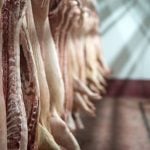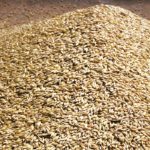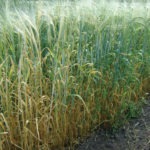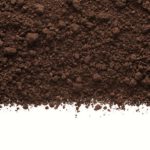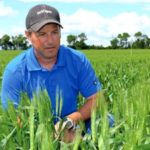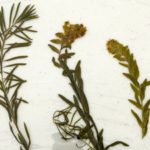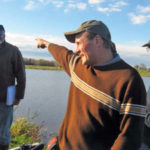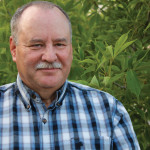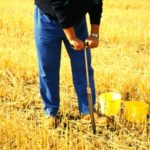Barley silage is the main roughage fed in western Canadian feedlots, but few barley breeders try to improve its feed quality. Most breeders focus on improved grain yields, malting characteristics and better disease and lodging resistance, and pay little attention to feed quality traits like protein, starch, or neutral detergent fibre (NDF) content and digestibility […] Read more
